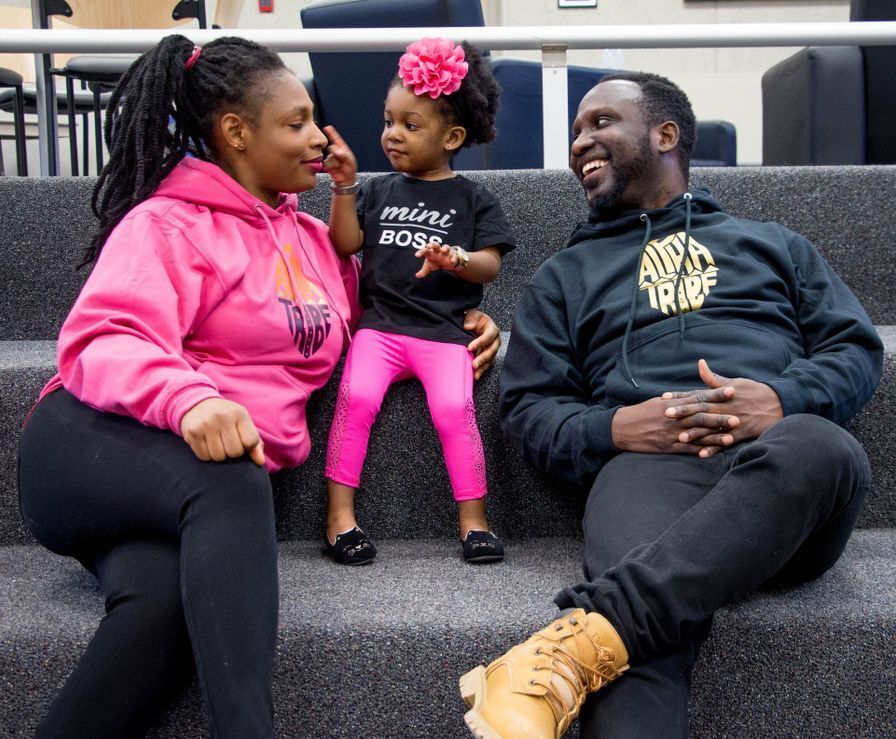Whether we are 5 years old or fifty, our potential to thrive depends on a complex and interdependent set of skills and capabilities that begin to emerge during the earliest years of life. These skills are not innate—they are the product of early developmental experiences that shape the fundamental qualities of cognition, conduct and character we carry to our first day of kindergarten and beyond.
Children who begin their lives with the benefit of supportive, engaging interactions with parents and caregivers, and safe, stimulating early environments are well positioned to succeed in the K-12 system and mature as responsible, productive members of their families and communities.

The qualities and attributes we value most in our family members, neighbors, civic leaders and co-workers are the same as those that first take root during the infant and toddler years.
The Roots of Lifelong Skills
As children progress through the K-12 system, they acquire the skills to learn and function in many different environments and circumstances. This lifelong process is rooted in key cognitive, emotional and social skills developed in the first three years.

Cognition and Learning Skills: The ability to focus attention, filter out distractions, prioritize tasks and goals, follow instructions and demonstrate abstract reasoning.

Emotional/Pro-Social Skills and Behaviors: Empathy, adaptability, impulse control and the ability to form strong attachments with parents and peers. Emotional and social competencies are as critical to academic success—if not more so—than standard measures of cognition or IQ.

Language and Communications Skills: A child's command of self expression, comprehension and vocabulary are predictors of academic success. Regular exposure to language-rich environments in the earliest days of life puts children on the path to developing these critical skills, long before kindergarten entry.

Character Strengths: Perseverance, self-confidence and a sense of personal responsibility play a critical role guiding children's life trajectories. These qualities are not wholly fixed in our genetic code, but are cultivated through quality early learning experiences.
Strong Interactions Build Strong Skills
Virtually every experience children encounter in their first three years has a direct effect upon their emerging skills base. But few early experiences are as critical to healthy cognitive, emotional and social development as serve-and-return interactions with capable, highly-engaged parents and caregivers.
- Serve and return exchanges begin in the earliest days of infancy, when a child attempts to communicate by babbling, crying or gesturing.
- When parents and caregivers respond to these signals with comforting words and sounds, direct eye contact, touch, and other methods, it sets in motion back-and-forth interactions that become more sustained and complex.
- Serve-and-return interactions progressively build children's command of early language skills, emotional attachment, and self-regulation.
- These skills pave the way for even more sophisticated skills as children grow toward the age of kindergarten entry.

